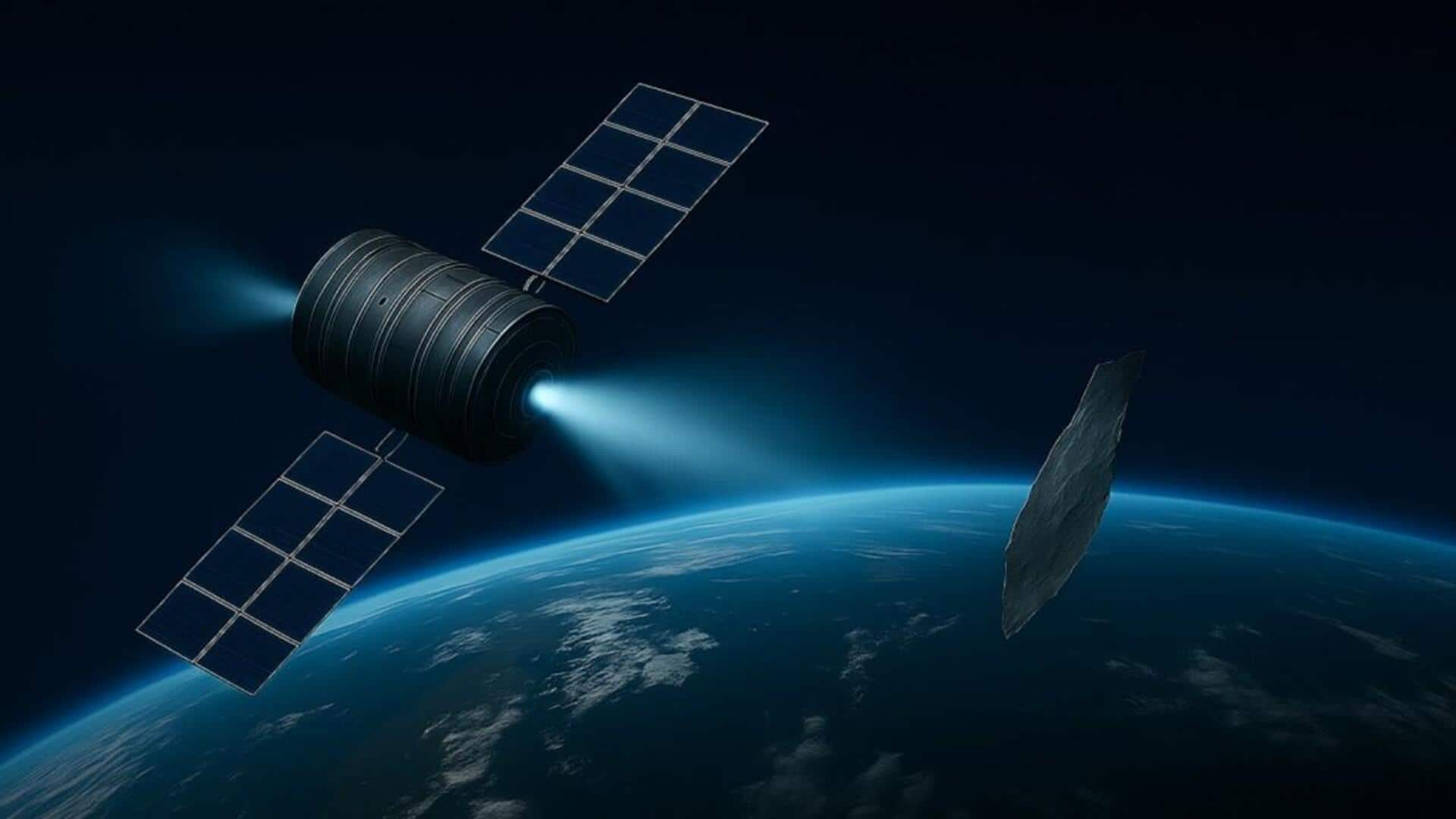
Cleaning space debris without touching it might soon be possible
What's the story
A pioneering project, dubbed ALBATOR, is investigating the use of ion beams to clear hazardous space debris from a distance. The €3.9 million ($4.6 million) initiative seeks non-kinetic techniques to shift space junk away from satellites or the International Space Station (ISS). This comes amid growing concerns over an estimated 140 million pieces of orbital space debris as small as 1mm in diameter, according to the European Space Agency (ESA).
Innovative strategy
ALBATOR will use particle beam with ions
ALBATOR, short for "ECR-Based Multicharged Ion Beam for Active Debris Removal and Other Remediation Strategies," plans to use a particle beam with ions to shift debris. This method is different from conventional techniques that involve physically touching the object, like giant nets or docking with rogue objects. The project was funded by a business-focused agency of the European Commission in September and will run until February 2029.
Global partnership
Project led by French start-up Osmos X
The ALBATOR project is led by Osmos X, a French start-up that plans to develop space thrusters for its own uncrewed vehicles by 2030. Spanish and German universities are also involved in the project, along with NorthStar's Luxembourg branch. NorthStar provides space situational awareness products and their officials said, "By avoiding the risks inherent in capture or docking, the [ALBATOR] project aims to provide a safer and more versatile solution to one of the greatest challenges facing space sustainability."
Financial backing
Need for space debris cleanup expected to grow
ALBATOR was funded under a European Innovation Council Pathfinder early-stage program to find and support "breakthrough deep-tech projects, with a high degree of scientific and technological ambition and risk—and potential to create new markets." However, no flight date for an ALBATOR technology demonstrator has been announced yet. The need for space debris cleanup is only expected to grow, as per a study by the National Oceanic and Atmospheric Administration (NOAA).